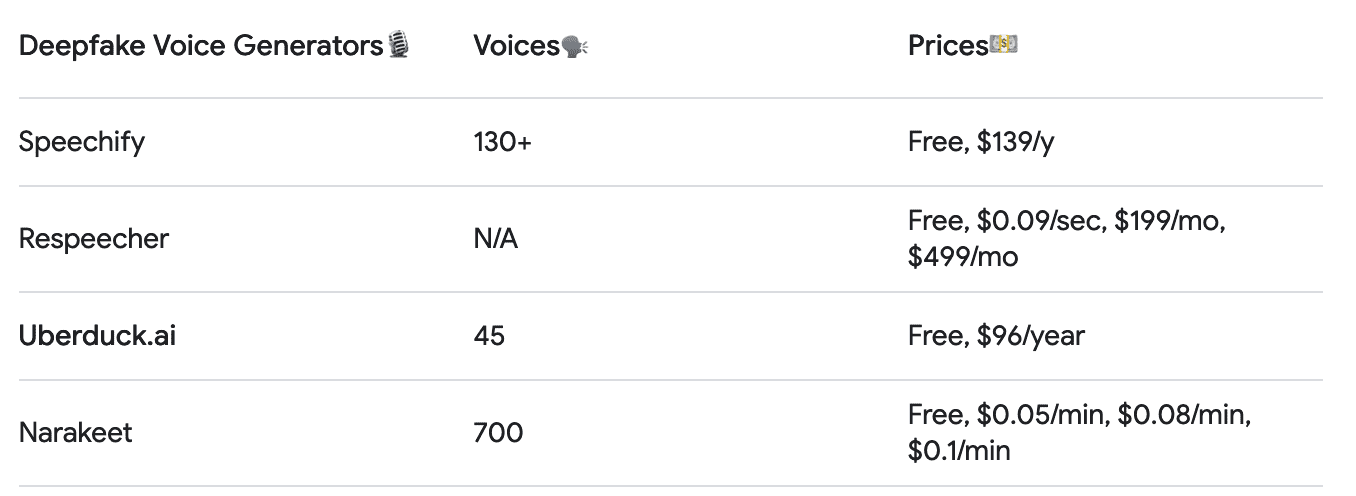Coinbase CEO in a Deepfake Video Encourages People to Buy 1 BTC to Get One Free
January 12, 2024 - Reading time: 7 minutes

The deepfake video of Brian Armstrong, Coinbase's CEO, is a stark reminder of the sophisticated challenges posed by emerging technologies. While the crypto community was quick to identify the video as a fake, this incident underscores the urgent need for increased vigilance and advanced verification methods to combat deceptive practices in the digital realm. The ease of manipulating voices and images using deepfake technology necessitates a reevaluation of our trust in digital content, especially in the volatile world of cryptocurrency, which has been plagued by various scams.
Deepfake Technology: A Rising Threat
Deepfake software, known for its ability to create convincing fake videos and audio recordings, is becoming increasingly accessible and affordable. This technology poses a significant threat to individuals and organizations, as seen in the recent hack of the U.S. Securities and Exchange Commission's (SEC) social media account.
The video is taken from this youtube channel: https://www.youtube.com/@NatureBestiaryBD

The channel links to a telegram account with youtubebuys url : https://t.me/youtubebuys but title EpicSellers

The SEC Hack: A Prelude to Chaos
Earlier this week, the SEC's account on X, the platform formerly known as Twitter, was compromised. An unauthorized post claimed the SEC had approved exchange-traded funds (ETFs) for bitcoin, causing a stir in the crypto industry. The SEC clarified that it had not approved spot bitcoin ETFs and that its account was briefly accessed by an unknown party. X confirmed the account was compromised due to a third-party issue and lack of two-factor authentication, not a breach of their systems.
Coinbase's Record Trading Volume Amidst ETF Approval
In actual news, Coinbase recorded a staggering $7.7 billion in Bitcoin over-the-counter (OTC) trading volume today, marking a significant moment for the crypto sector following the approval of spot Bitcoin ETFs. The exchange's overall BTC daily trading volume also hit a new peak of $52 billion.

The Impact of Bitcoin ETFs
The approval of multiple Bitcoin ETFs has sparked optimism within the cryptocurrency community. Brian Armstrong, the real CEO of Coinbase, commented on the historic decision, emphasizing its importance for the crypto industry and the potential influx of new capital into Bitcoin.
The Deepfake Dilemma
The deepfake video of Armstrong is a stark reminder of the challenges posed by this technology. While the crypto community was quick to identify the video as a fake, the incident highlights the need for increased vigilance and sophisticated verification methods to combat such deceptive practices. The ease with which voices and images can now be manipulated using deepfake technology calls for a reevaluation of how we perceive and trust digital content.
Deepfaking a voice involves using software capable of transforming text or speech into a specific voice. This technology works by analyzing samples of a person's speech and then using these samples to generate new speech in that same voice. However, creating a realistic voice deepfake is not straightforward. Voices often sound robotic, and it can take several minutes to hours of processing to achieve a convincing result. This process requires a substantial amount of voice data from the target individual to produce a realistic and fluid artificial voice.
The Implications for Media and Communication
The rise of artificial intelligence in speech creation has significantly changed the landscape of voiceovers and media production. Previously, creating artificial voices required hiring speech artists, but now, sophisticated online software can achieve similar results. This advancement has implications for various industries, from business communications to the video game industry. Each deepfake tool comes with its own set of pros and cons, and the choice of tool should depend on specific needs. Some are better suited for business applications and phone calls, while others cater more to entertainment and media production.

Two Notable Cryptocurrency Scams
1. The Ponzi Scheme Disguised as a High-Yield Investment Program:
One of the most infamous crypto scams was a Ponzi scheme that masqueraded as a high-yield investment program. This scam lured investors with the promise of exceptionally high returns on their cryptocurrency investments. The scheme initially paid returns to earlier investors using the capital from newer investors, creating a false impression of profitability. However, as with all Ponzi schemes, this was unsustainable. Eventually, the scheme collapsed, leading to massive financial losses for later investors. This type of scam preys on the lack of understanding and greed, as it promises quick and high returns with little to no risk.
2. The Fake ICO (Initial Coin Offering):
Another prevalent scam in the crypto world is the fake ICO. In this scam, fraudsters create a convincing but entirely fictitious cryptocurrency project. They launch an ICO to raise funds from investors, often using sophisticated marketing tactics, fake testimonials, and fabricated white papers. Investors are enticed to buy the new cryptocurrency tokens, expecting them to increase in value. However, once the fraudsters collect a substantial amount of money, they disappear, leaving investors with worthless tokens. This scam is particularly insidious because it exploits the excitement around new blockchain projects and the general lack of regulatory oversight in the ICO space.
Moving Forward: Vigilance and Verification
As deepfake technology becomes more sophisticated, it's crucial for individuals and organizations to stay informed and prepared. The crypto industry, in particular, must remain alert to such threats, especially in light of recent events like the SEC hack and the spread of misleading information.
The deepfake video featuring Coinbase's CEO is a wake-up call to the dangers of advanced technology in the wrong hands.

DW Staff
David Lintott is the Editor-in-Chief, leading our team of talented freelance journalists. He specializes in covering culture, sport, and society. Originally from the decaying seaside town of Eastbourne, he attributes his insightful world-weariness to his roots in this unique setting.




